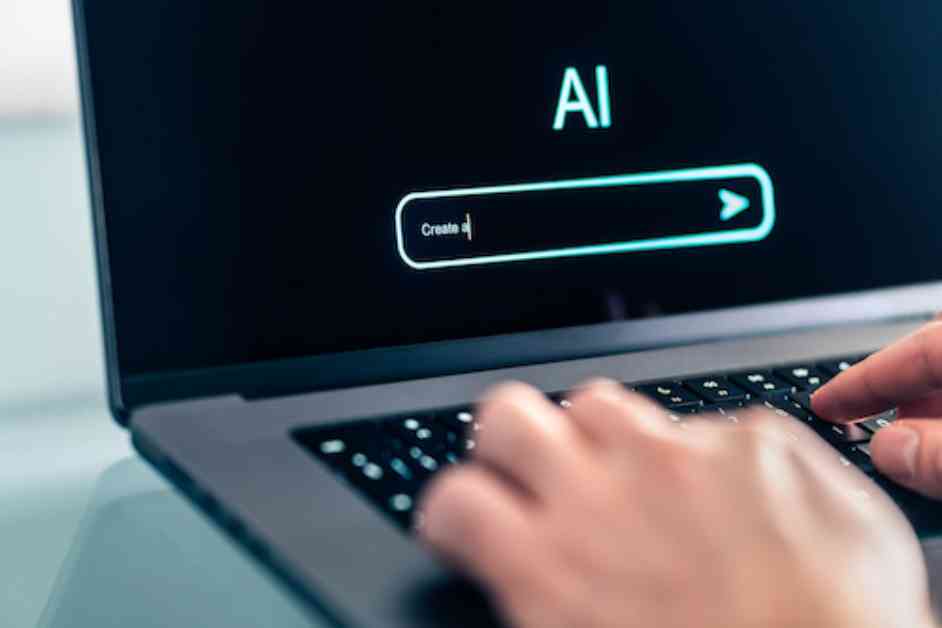Teaching is a challenging profession, with educators facing numerous obstacles such as budget limitations, limited resources, and the need to keep up with constantly evolving educational practices. The advent of artificial intelligence (AI) and technology has further accelerated changes in the field, making it essential for teachers to incorporate AI tools into their lesson planning and assessment strategies to enhance the quality of education they provide.
By leveraging AI tools, teachers can streamline the process of creating lesson plans, designing engaging learning materials, and developing quizzes and exams that align with their curriculum. Microsoft’s Shiksha Copilot and MagicSchool.ai are two AI-powered platforms that help educators save time and effort in creating comprehensive lesson plans tailored to their students’ needs. These tools offer features such as deep integration with educational boards, customizable outputs, and natural language prompts for fine-tuning lesson content.
In addition to lesson planning, teachers can use AI-powered design and multimedia tools like Canva, Microsoft Designer, Adobe Firefly, and OpenAI’s DALLE-3 to create visually appealing educational materials that enhance student engagement. These tools enable educators to generate professional-looking designs, presentations, images, and slides with ease, providing a more interactive learning experience for students.
When it comes to testing and assessment, AI tools such as MagicSchool.ai, ChatGPT, and Chatterbot AI can assist teachers in creating quizzes, exams, and assessments that test students’ understanding and learning abilities. These tools utilize natural language processing and machine learning algorithms to generate questions and evaluate student responses, offering educators a more efficient way to assess student performance.
Furthermore, AI chatbots can be used to provide personalized feedback to students at scale, allowing teachers to grade assignments, provide feedback, and track student progress more effectively. By leveraging AI technologies, educators can personalize the learning experience for each student, addressing their individual needs and enhancing their overall academic performance.
As AI continues to advance and evolve, educators have the opportunity to leverage these technologies to improve the quality of education and make learning more accessible and engaging for students. By staying informed about the latest AI tools and incorporating them into their teaching practices, teachers can enhance their classroom instruction, streamline their lesson planning process, and provide personalized feedback to students, ultimately transforming the way education is delivered in the digital age.







